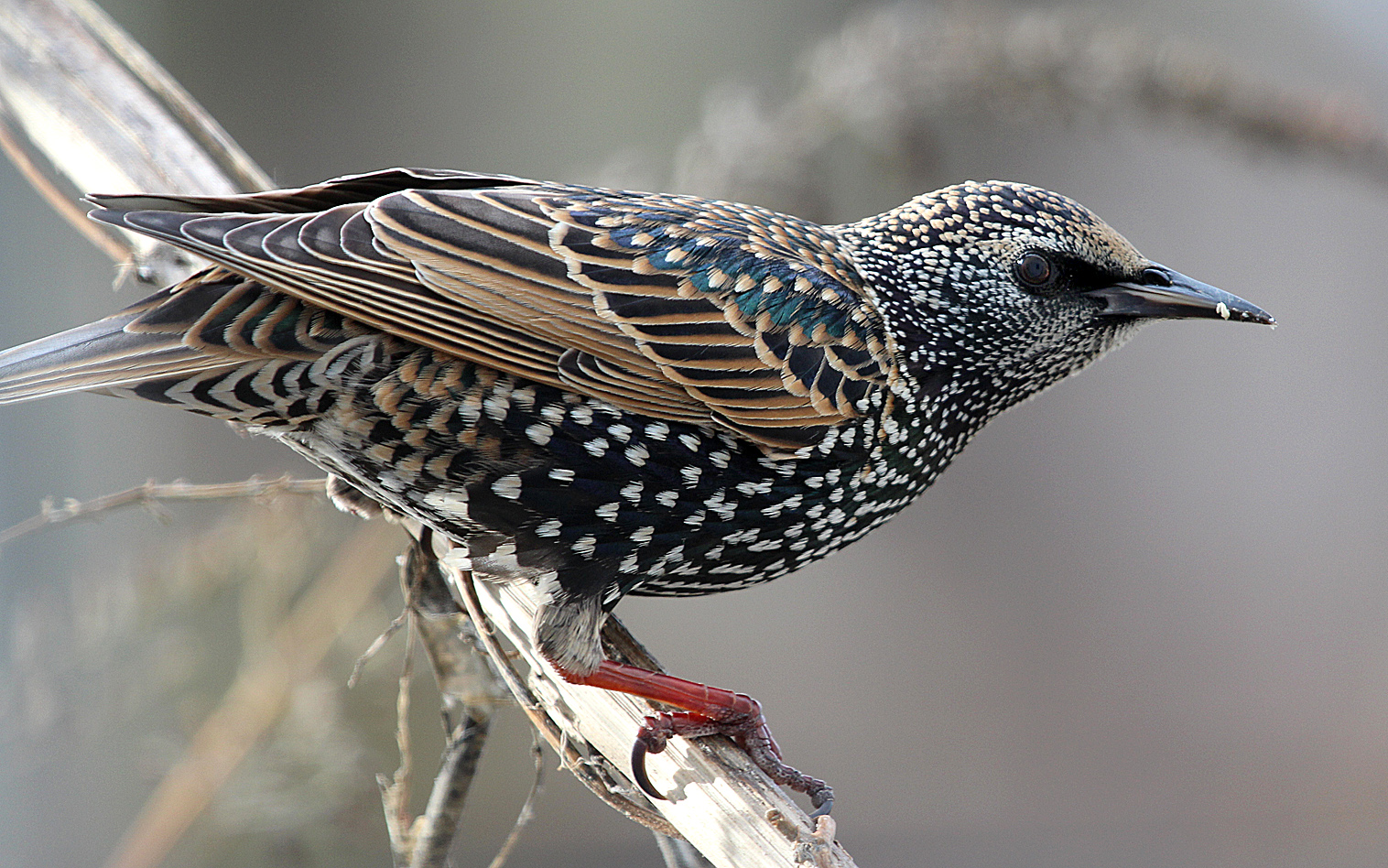Are Starlings Good Birds To Have Around?
From what I get it, Starlings are non-neighborhood to our Virginia. If they are really a meddling species, might they anytime cause harm upon the organic entities and normal prosperity of my yard in case they "over-brush"? I notice a crowd or assembling of starlings rummaging on my yard reliably, filtering through the soil, consuming a fair parcel of grubs and worms, etc. Is there anything to be stressed over?"
Answer (Dr. Goatley): "A site that I particularly appreciate as someone that gets a ton of enjoyment watching what birds show up at my feeders is Cornell School's 'About Birds'. It's an exceptional site for unmistakable confirmation tips, recognizing birds by their calls, and especially their live cams.
Examining this site for additional information on Starlings revived my memory on something that I once knew, but had disregarded: the introduction of the European Starling into the US truly has academic affiliations. A get-together of energetic Shakespeare partners figured it would be truly brilliant to convey Starlings in New York City's Central Park so America had all of the birds anytime referred to by Shakespeare in his structures.
Along these lines, from a show of 100 birds in Central Park during the 1890s, Starling masses have now evolved to far in excess of 200 million in the 21st 100 years across North America.
Besides, past this, it is truly clear I have scarcely any knowledge of Starlings and expected stresses to yards and scenes, yet Virginia Tech has an Untamed life Master that will likely have a more educated response. Dr. Jim Parkhurst is a Scholastic accomplice and Expansion Untamed life Master in the School of Typical Resources and Environment.
Jim had the going with comments about the request: The European starling bird calls (Sturnus vulgaris) is, as you note, a non-neighborhood, introduced species and, not the slightest bit like most any leftover warblers, it has no security here in Virginia.
Truly, in Virginia, it is requested in the Code of Virginia and in the Virginia Administrative Code like a "Aggravation Species" this expects that there is no closed season on "take" nor are there any pack limits constrained, since "take" occurs through genuine strategies. In light of everything, this species has been accessible in the U.S. All since the last piece of the 1800s and has become naturalized over basically its continuous reach. In a general sense, it has transformed into a very sturdy occupant.
Taking into account all that, and getting back to your essential concern, does it address an enormous normal risk? All around, the reaction isn't as a matter of fact. In light of everything, they can remove or block a couple of our nearby species that use home boxes, being greater and more powerful; bluebirds, tree swallows, and purple martins consistently look for next boxes with starlings.
Past that, starlings are substantial running birds, so they generally incline in the direction of staying in huge get-togethers. Right when you see an enormous number of them scrounging together on yards, that is extremely normal for them. Being generalists, they feed on whatever is available by then and requires negligible work to get.
Related Article: What Do Starling Birds Eat?
The searching you portray is exceptionally commonplace and they no doubt are chasing after seeds, bugs (counting grown-up and larval designs), worms, and, when incidentally free, minimal natural items. Since they truly deal with all at once, they can introduce issues in cultivating, especially for individuals who raise minimal normal items (e.g.,
blueberries, cherries, briers) and for creatures creators in this last choice case, they strike feed bunks and can consume tremendous measures of grain-based search, while in like manner leaving contamination by pooping in the bunks.
Nevertheless, to the degree that prompting anticipated that issues should yards, they truly may be offering a help by diminishing different realized grass bugs, yet are presumably not going to wreck the ongoing people of worms or nightcrawlers. Our local skunks will undoubtedly be of more imperative concern in those areas than are the starlings.


Comments
Post a Comment